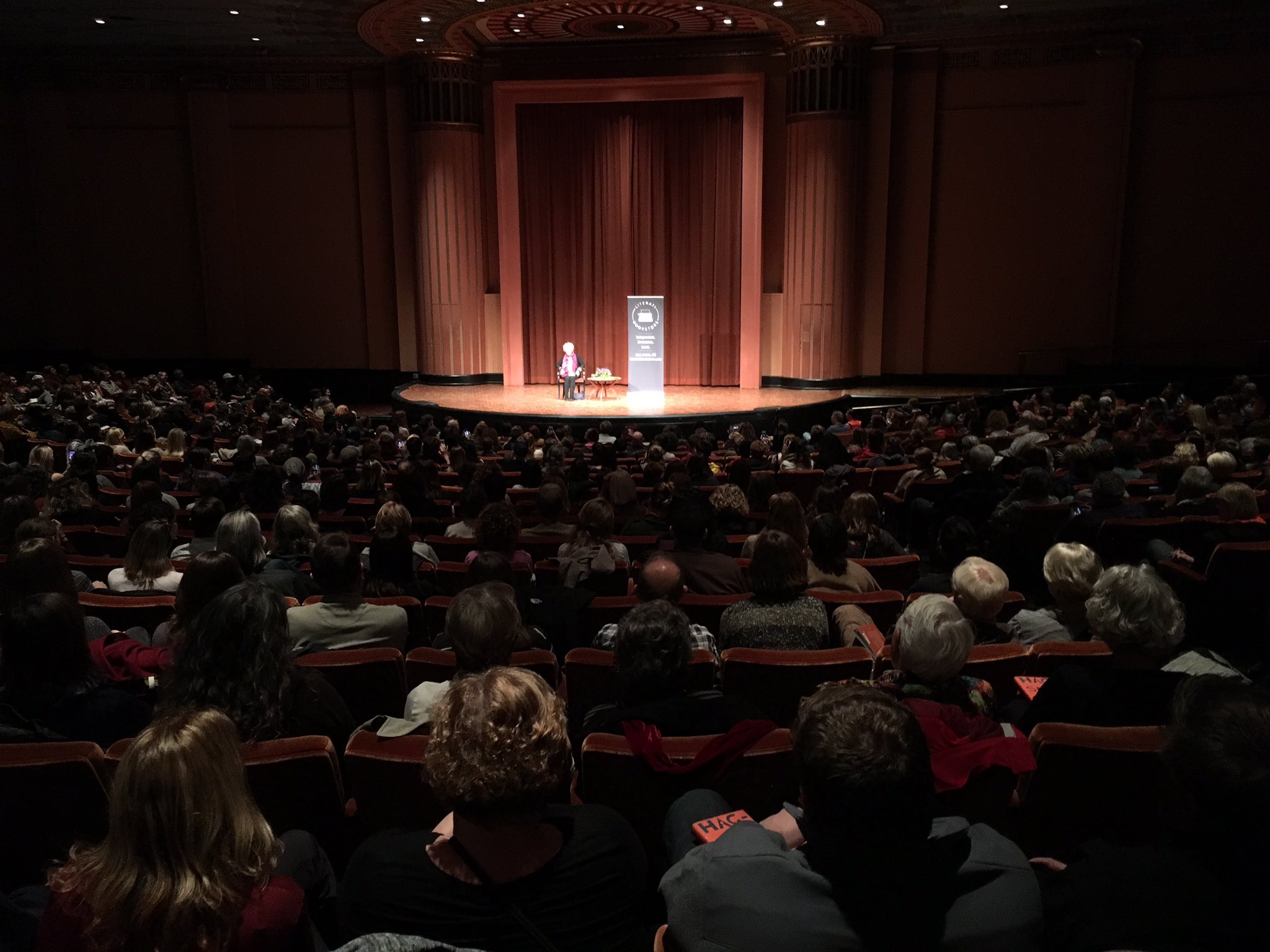Every single male role was played by a female, and the most imposing female role was played by a male. Such was Rude Mechanical’s original conception of “The Importance of Being Earnest,” Oscar Wilde’s classic play published in 1895.
The play is all about relationships. Algernon, played by Cailean Robinson, and Jack, played by Mason Van Gieson, discuss romance and courtship. Both men develop a facade as they pursue two different women, and they build up a tower of lies until it all comes crashing down at the end in perfectly absurd Wilde-like fashion.
Although the play was supposedly changed to have its setting in the 1950’s, I didn’t notice much of a difference from Wilde’s original conception. Perhaps I just don’t know enough about English social history. Either way, the decision to switch genders was brilliant.
I didn’t realize how well the play would go with women in the shoes of men. Every role was well-acted, from Algernon’s well-timed poses as he recited Wildean witticisms, to Lady Bracknell’s diva pose every time he/she entered the stage.

Some of the one-liners were especially ironic, given the change of gender, such as when Algernon tells Jack:
“My dear fellow, the truth isn’t quite the sort of thing one tells to a nice, sweet, refined girl. What extraordinary ideas you have about the way to behave to a woman!”
Or this rendition’s focus on the actors fondling their own and each others’ genitalia right in front of the audience (see above picture).
The set design was tasteful without being too imposing. Each act, from Algernon’s flat in London to the drawing-room of the Manor House in the country, had plenty of eye candy and props that the actors were free to interact with at will. There were some scenes where I couldn’t tell if the actions were rehearsed, or if they were entirely ad-libbed. My favorite example of this was in the Garden, where Cecily (in pink) grabs a flower pot and makes some raunchy gyrations with it.
The only drawback of the play wasn’t because of the acting or directing, but due to Oscar Wilde himself. Say what you will about the man, but you have to admit that he likes his sensational plots. The first act goes out in all different directions, and the second act seems to tread out without telling the audience where its going. It isn’t until the very end of the third act that the play pulls itself together and makes sense of things. Luckily, Rude Mechanicals made the journey worth it.












